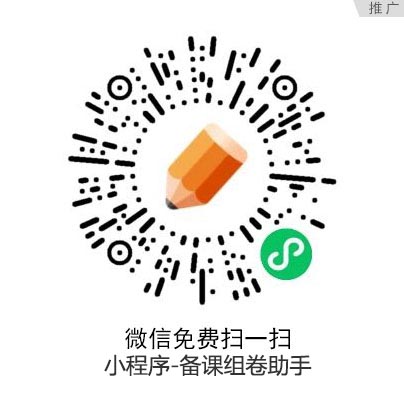试题详情
阅读理解
Intelligence is traditionally viewed as the ability to think and learn. Yet in a complex world, there's another set of cognitive skills that might matter more: the ability to rethink. Therefore, my aim in this book is to explore how rethinking happens by seeking out the most convincing evidence and some of the world's most skilled rethinkers.
The first section focuses on opening our own minds. You'll find out why a forward-thinking businessman got trapped in the past, how a Nobel Prize–winning scientist welcomes the joy of being wrong, how the world's best forecasters update their views, and how an Oscar-winning filmmaker has productive fights.
The second section examines how we can encourage other people to think again. You'll learn how an international debate champion wins arguments and a Black musician persuades people to abandon discrimination. You'll discover how a special kind of listening helped an officer convince the opposing side to join in peace talks. And if you're a Yankees fan, I'm going to see if I can convince you to root for the Red Sox.
The third section is about how we can create communities of lifelong learners. In social life, a lab that specializes in difficult conversations will cast light on how we can communicate better about debated issues like climate change. In schools, you'll find out how educators teach kids to think again by treating classrooms like museums, approaching projects like rewriting time-honored textbooks. I close by examining the importance of reconsidering our best-laid plans.
This book is an invitation to let go of knowledge and opinions that are no longer serving you well, and to establish your sense of self in flexibility rather than consistency. If you can master the art of rethinking, I believe you'll be better positioned for success at work and happiness in life. Thinking again can help you generate new solutions to old problems and revisit old solutions to new problems. It's a path to learning more from the people around you and living with fewer regrets.
试题所涉知识点




